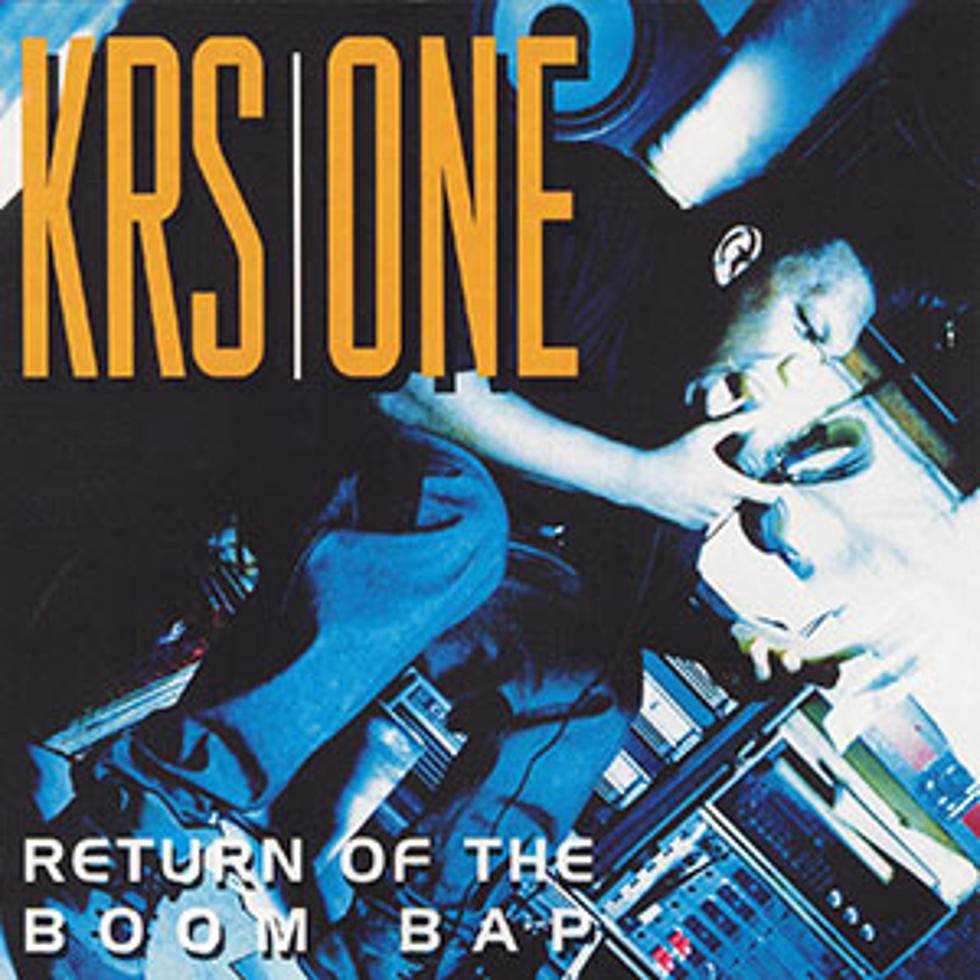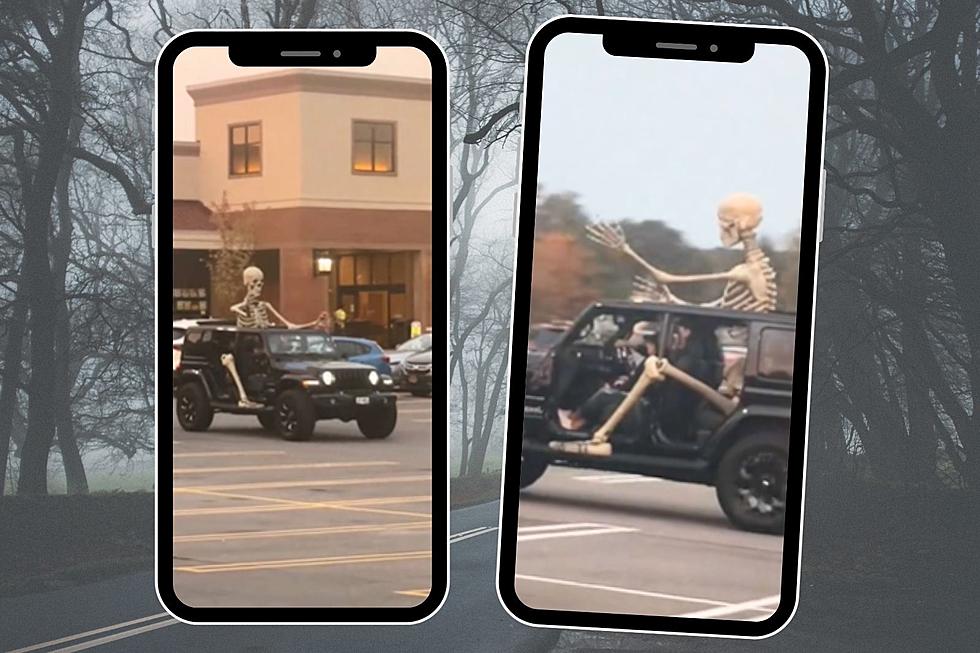
KRS-One’s ‘Return of the Boom Bap’ Album Celebrates 20th Anniversary
‘Return of the Boom Bap,' released on Sept. 28, 1993, was KRS-One's first solo album after being the central figure of Boogie Down Productions. This was also his first time leading the show as a straight up rapper, as he was known for handling the production side of things. But what buoys this album in a retrospective stance is how accessible the project is. KRS-One trades in closed-fistedness with a sense of reliability, reveals his wit, technical skill and -- more shockingly -- fun.
The shock comes from how alienating of an old school rapper KRS-One has become. On one hand you have the ‘90s artists who either adapt to change or openly accept it, like how the Roots and Nas have done in in recent years. Then you have the ones who snarl at the changing times, clamoring for the days of “real hip-hop” -- whatever that means nowadays.
KRS-One unabashedly stands in line with the latter, and it’s not some sort of culture shock defense for him; it’s a weapon. He said he’ll sue any radio station who plays his music. Back in 1992, he famously threw softee rap duo PM Dawn off a concert stage for questioning his philosophy in a magazine. That’s literally being thrown off the stage if you’re wondering. KRS-One was always pretty straight-edged and militant about his views on hip-hop culture.
But here, KRS-One doesn't sound hard enough to push away potential listeners. This nugget from the golden era also features young upcoming producers DJ Premier, Showbiz and Kid Capri. What’s notable is how they restrain hunger with a relaxed ear for their instrumentals.
The beats sound stripped and minimalist, but bustling and fast-paced enough to prevent ‘Return of the Boom Bap’ from meandering. The accessibility comes from the sense of groove most of them have; it’s not abrasive boom bap like the album title suggests.
The skipping jazz bass line and the steady cymbals give ‘Outta Here’ a sense of adventurousness. DJ Premier’s ‘'P' Is Still Free’ combines a heavy, pulsating bass line with drums that have a bit more clap to them to induce some toe-tapping. The condensed beats and sampled yelps on the title track is the most boom bap beat on the album, but it sounds as replayable as the other beats on the record.
The freewheeling nature of the production gives KRS-One enough breathing space to follow suit. His voice is noticeably raspy, but not so much so to the point where you’re grasping for the lyrics in hopes they’ll balance the cacophony. His Jamaican patois on songs like ‘Slap Them Up’ and ‘Uh Oh’ are head-swaying, and his sing-songy moments on tracks like ‘Brown Skin Woman’ feel inviting rather than forced.
Through it all, the sense of street awareness never gets lost. The well-worn rap trope of disliking the police is touched on in ‘Black Cop’ (anybody else had flashbacks of that scene from ‘Boyz N Da Hood’?) and 'Sound Of Da Police' doesn’t sound boringly obligatory. The album’s standout, '‘P’ Is Still Free,’ finds KRS-One switching to storytelling mode to great effect as he relates a story about a mother who can’t kick the drug addict life.
“But just before he c--- she bit his d--- and slit his throat / As he fell back dizzy, he began to choke / She took his wallet and said, ‘You ain't broke!’ / The girlies is free, cause the crack cost money, oh yeah,” KRS-One raps, reciting the latter line with a patois inflection. You can have your melodies, but be advised the streets aren’t pretty.
That line encapsulates what’s great about ‘Return of the Boom Bap.’ KRS-One isn’t throwing social consciousness at the listener with closed fists, but rather he’s teaching with open-palmed pats on the back. His adherence to the former is part of the reason why he's been moved out of the spotlight.
Watch KRS-One's 'Outta Here' Video
Watch KRS-One's 'Sound of Da Police' Video
More From TheDrop.fm



![Chris Janson Shares Details of Terrifying House Fire: ‘I’m Just Grateful to Be Alive’ [Pictures]](http://townsquare.media/site/204/files/2021/04/chris-janson-home-fire-interview-pictures.jpg?w=980&q=75)

![[RADIO STATION] is Available on Amazon Alexa-Enabled Devices](http://townsquare.media/site/241/files/2017/09/alexa-amazon-echo-dot.jpg?w=980&q=75)



